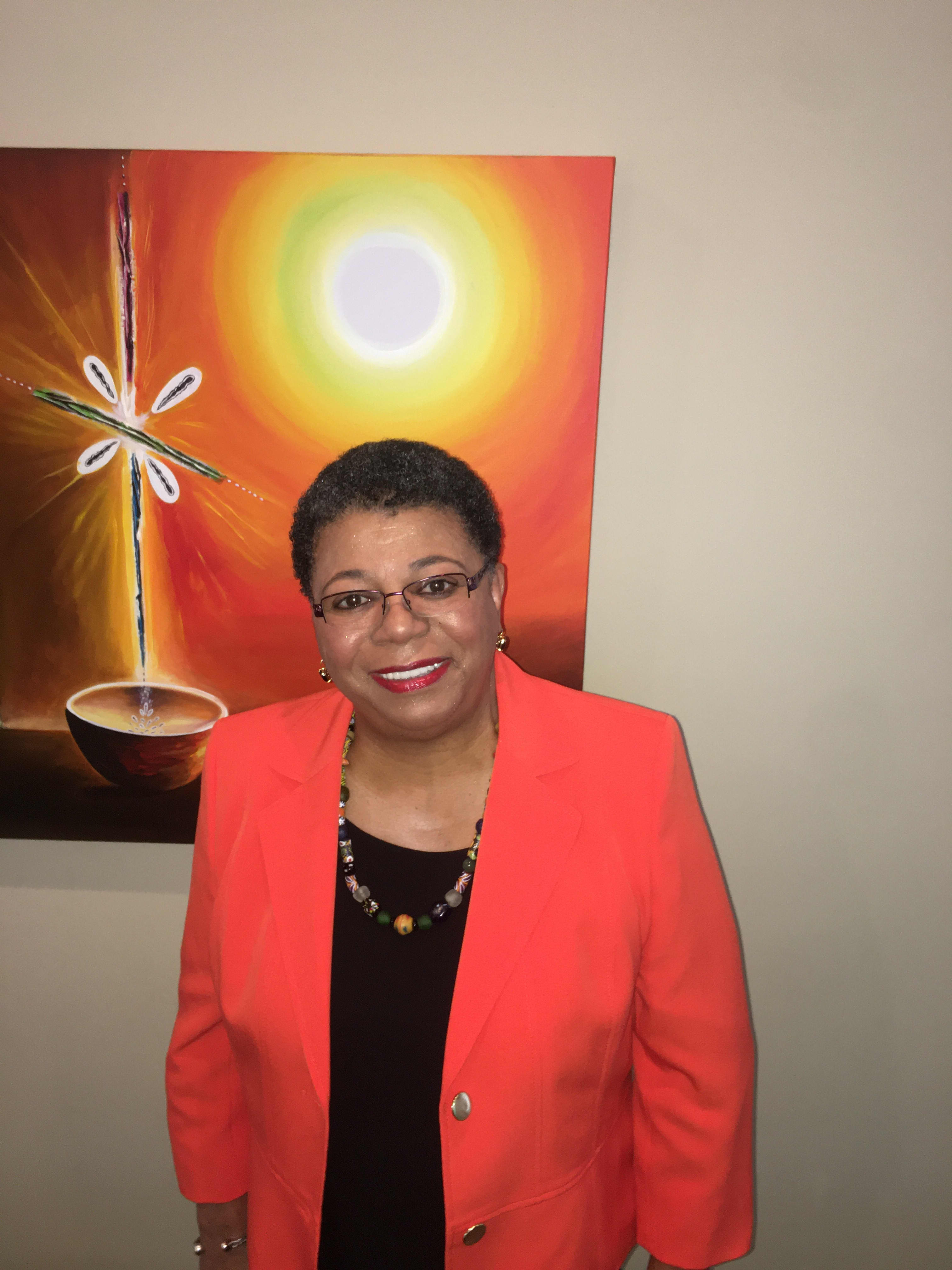
Having health insurance doesn’t mean you won’t have out-of-pocket costs.
More than 275,000 women in the U.S. will be diagnosed with breast cancer this year. The average treatment will cost anywhere between $20,000 and $100,000.
Karen Sock and her husband rarely had a reason to go to the doctors. They both lived healthy lifestyles, and their only daughter had already grown up and moved away.
The couple were contract workers and did not have employer-sponsored health insurance.
They decided to purchase a cheap plan figuring they had enough savings to handle any minor setbacks.
That decision would cost them.
Sock, 67, still remembers the day she found a lump under her right breast.
“I made a couple of appointments to go to the doctor, and I canceled,” Sock said.
Sock finally went to the doctor after some prodding from her husband and daughter. She had her first operation in January 2011 and left with a plan to undergo 33 rounds of radiation for further treatment.
She had to pay around $33,000 just to complete her radiation treatments. Bills began to pile up from doctors, oncologists, anesthesiologists and labs she did not recognize.
Her husband took a job with the federal government to secure better health insurance. The position was in Maryland, thousands of miles away from their home in Biloxi, Mississippi. The couple now spends just three months a year together, but they consider it a small price to pay considering the alternative.
Sock has been cancer-free for five years as of August.
More from Invest in You:
‘Predictably Irrational’ author says this is what investors should be doing during the pandemic
Coronavirus forced this couple into a 27-day quarantine amid their honeymoon cruise
How to prepare for a family member with COVID-19
Kathy Flora, 67, had a much different experience. She had a great job and benefits as an executive at a career development company.
Flora was diagnosed with a less aggressive form of breast cancer and the majority of her costs were covered by her health insurance.
She planned to work while undergoing chemotherapy but soon found out that would not be an option. Flora was laid off by her employer mid-treatment, which she managed to complete. She has been cancer-free for more than a decade.
That experience is a large part of why Flora now volunteers as a job coach at Cancer and Careers helping women reestablish themselves in the workplace.
Check out this video to learn more about Sock’s treatment and to hear both women’s advice for anyone currently dealing with a cancer diagnosis.
Disclosure: NBCUniversal and Comcast Ventures are investors in Acorns.




